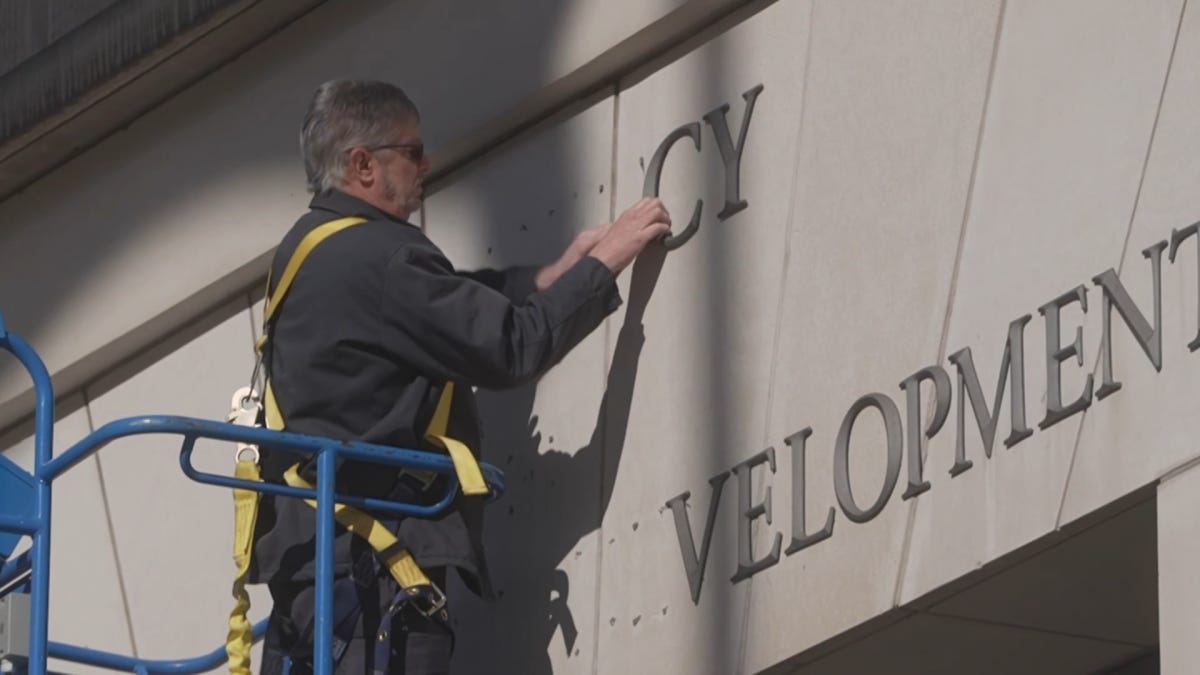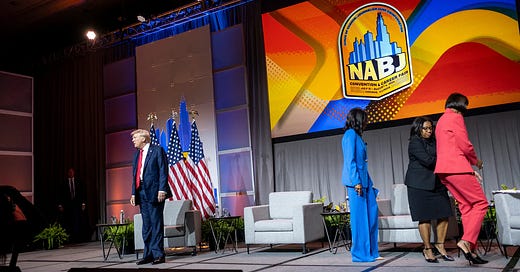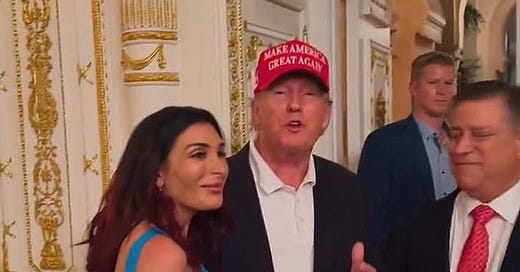
Jalalabad is the largest trading city in eastern Afghanistan. It sits right on the main trade route between Peshawar, Pakistan, and Kabul, the capital and most populous city in Afghanistan. When you first drive into Jalalabad on the road from Kabul, it’s a rather unprepossessing and modest town. Many of the businesses that line the road are wooden lean-tos or mud brick shacks open to the front, lit by kerosene lamps at night, with their wares displayed beneath makeshift tarps.
The first building you come to of any size is the Spinghar Hotel, a 35-room accommodation surrounded by rundown ornamental gardens. It opened in 1934 during the reign of Afghanistan's last royal ruler, King Mohammad Zahir Shah. When I was there, the Spinghar was the place most Westerners stayed. There weren't many Westerners at the Spinghar that week in May of 2004. In fact, the only other Westerners in the hotel were a USAID contractor and his Cambodian wife and four-year-old daughter. And thereby lies a tale.
I met him one afternoon in the garden in front of the hotel having tea with his wife. His daughter, in a flowered dress wearing little black Mary Jane style shoes with a strap over the instep, was playing with a red ball on the patchy grass next to us. I was shocked. I was carrying a bulletproof vest in the truck we had driven from Kabul earlier in the week, and here was this guy, a civilian, with a wife and a kid in an area that because of the Taliban and regular IED explosions and armed attacks on businesses and Afghan government workers was a combat zone. Hell, about five miles from us just outside of town, there was a heavily fortified U.S. Army base camp surrounded by a huge dirt berm topped with concertina barbed wire, protected by a company of infantry an Bradley armored personnel carriers and mortars.
He must have been in his late 40s, but he looked younger. His hair was graying at the temples, but his bushy mustache was black, and his smile wrinkles had not settled into his weathered face very deeply. He introduced me to his wife and daughter and called out to a waiter to bring me a cup of tea and more biscuits. The Spinghar had a vaguely British feel, and the tea and biscuits fit right in. I introduced myself as an American journalist in Afghanistan covering the ongoing war between the American army and the Taliban insurgency that three years after the American military had moved into Afghanistan was building in strength and intensity.
I asked him what he did and why he was there in Jalalabad during a time of conflict and war. He said he worked for an NGO that had been contracted by USAID and was assigned to the Provincial Reconstruction Team (PRT) that had been established by the State Department in Jalalabad.
“What kind of work do they have you doing here?” I asked him. He told me that he was a specialist in agriculture and agriculture markets and food chain hygiene.
“Boy, that's a rather specific area of specialization,” I said to him. “Well, that's what USAID does. It sends people around the world to work on problems in places where the United States has interests, and 9-11 has made Afghanistan one of them.”
He said he'd been working for USAID in one capacity or another for nearly 30 years -- sometimes as a contractor, sometimes as a federal employee, but always overseas. He had met and married his wife while serving in Southeast Asia, in Cambodia or Laos I think he told me. Since then, he had served in Turkey and for a short time in northern Iraq outside of Mosul. “They sent me here because I was nearby and we could hop a military flight to get here and save money.”
We talked for a while, and I told him I had been up the Kunar River in Asadabad trying to figure out what the hell the United States military was doing over there in Afghanistan. “Did you see any of them?” he asked me. I told him a convoy of heavily armed Humvees had passed us one day on the road, but other than that I hadn't seen much of an American presence in the border area between Afghanistan and Pakistan.
He told me he had been up to the border one day with a herder who was smuggling cattle over the border from Pakistan. “Why the hell were you doing that?” I asked him. “It's dangerous up there. Not even the Army goes up in those mountain valleys.” He said he went where the job took him. “You know how back home everything in the agricultural food chain is inspected and reinspected and regulated to make sure that by the time it gets into a supermarket it's safe to eat? Well, that doesn't happen here and in fact it doesn't happen practically anywhere, especially in the third world. And this," he said gesturing around a garden that had seen better days having been through the war against the Russian occupation in the 80’s and the Taliban’s iron-fisted rule since then, “is part of the third world."
On foot, he had followed the smuggled cattle herd all the way from the Pakistan border to the market in Jalalabad, a journey of more than 20 miles to where the cattle were slaughtered and the beef went on sale. He was trying to figure out why the local hospital, which was just up the Kabul road from the hotel was reporting so many cases of gastrointestinal disease and even death. He looked into the vegetable market and the flour that was sold in bulk to make bread and hadn't found any danger zones. But when he went into the meat market and discovered sides of beef and lamb covered in flies and often spoiled from hanging in the open air sometimes for days. He said the butchers would cut off the discolored spoiled parts with a knife and hang them back up for sale the next day. The meat was still contaminated, and he sure that he had found the reason people were getting sick.
“Well, if you could see bad meat in the market, then why did you have to go all the way to the border with Pakistan looking for the problem?”
“Because that's what you do when the problem has an apparent link to agriculture,” he explained. “You get close to the source and check out everything you can. You follow the product all the way to market, and then you explore the marketplace. I didn't find any problems with the cows or the sheep even though I suspected that's what might be problem because they were smuggled in from Pakistan. It turned out that the problem was hygiene, as it is so often in countries that are distressed. There are no refrigerated warehouses to store butchered meat in Jajalabad. There's no ice for displays in the marketplace. There's no refrigeration at all. Hell, there isn't even any electricity in the market.”
“It sounds like a problem without a solution, it's not an easy one," I said to him. He replied, “Well, there is actually a fairly easy solution with this spoiled meat that's causing so much disease and distress and death. I figure if I could get my hands on at least 11 plain household refrigerators and a couple of generators to hook them up to, we could make spoiled meat in Jalalabad a thing of the past, if I could also convince the butchers and sellers in the market to use them.”
“Did you report this to your bosses in USAID?” I asked him. “Yeah,” he said. “I took it to the guy running the Jalalabad PRT, and he sent it up the chain of command to USAID headquarters in Kabul, and we're waiting to hear back from them. It's in the bureaucracy now. That's where everything goes in the beginning, when you first figure out the solution to a problem, and that's where it comes out, if it comes out at all. I've been doing this job for decades. It's frustrating, it can drive you crazy if you let it. But over the years I have learned that it may not make much sense down here where the problem is in the field, but they're the ones with the money back in Kabul or Ankara, and they're the ones that have to okay the disbursement, and one way or another you have to deal with the bureaucracy to get anything done in this or any other world I've ever worked in.”
We sat in the garden for another hour watching his daughter gambol around. We talked about what was going on back home, and he asked me what I thought John Kerry's chances were against Bush in the fall. When we had finished with politics, we talked about rock'n'roll and the blues. He was from Chicago, and he was a big fan of Muddy Waters and wished he had seen him before he died.
I left him there in the garden of the Spinghar Hotel. I was heading back to Kabul the next day, and by the end of the week I would be on a plane to Islamabad and then back home to the United States. His contract through the NGO with USAID lasted until the end of the year. He was looking forward to home leave in August. When he returned to Kabul, he would get a new assignment in Afghanistan, but he didn't know where it would be, or what he would be doing, except that it would have something to do with agriculture markets and food chain hygiene and the stuff that kept people healthy and prevented disease and death.
I watched on MSNBC this afternoon as a worker on a cherry picker used a screwdriver to remove the metal letters that read “United States Agency for International Development” above the doorway to the headquarters building in Washington D.C. Elon Musk or somebody else working for Donald Trump announced yesterday that the administration will fire nearly all 10,000 people who work for USAID. Their plan is to leave only 290 federal employees of the agency that has done work around the world just like the man I met in Jalalabad had done for nearly 30 years.
Tonight, a judge in Washington issued a temporary restraining order preventing the Trump administration from putting the first 2,300 USAID workers on leave before firing them. There will be a hearing next week in the case against the dismemberment of USAID that Trump and Musk are attempting to carry out. If the agriculture market specialist I met in Afghanistan was still working there, he would be fired too.
This is why we should care about USAID.













I found out tonight that a friend, who happens to be a cadet from class of 1982 has a relative high up in USAID , responsible for over 600 personal, specializing in disease control. This includes providing treatment for highly contagious diseases like Ebola and keeping it out of the US . The scientists recognize addressing this at the source is the prudent and efficient means to avoid a worldwide health crisis.
Common sense, except for those who think a stable genius with failed casinos in Atlantic City can build a resort in Gaza
Great story. There are another million or so just like it, each one full of deep lessons for those who can listen. Anyone who loves Muddy Waters and clean food is surely going to heaven.